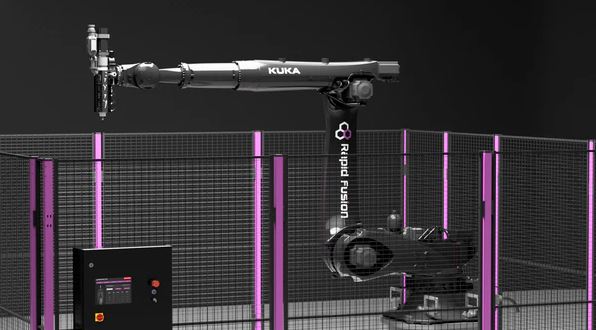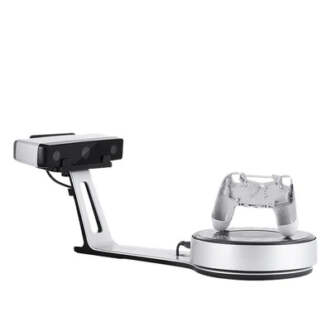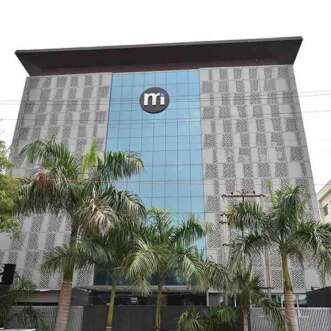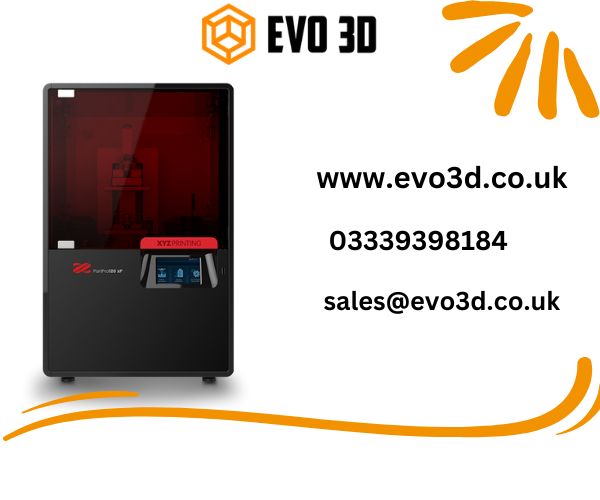
A Short Guide to Peek 3D Printer and Its Properties?
In this guide, we will talk about peek 3D printers. If you are new to 3D printing, you should know what 3D printing is and what it is used for.
Although printed PEEK (Polyetheretherketone) appears beige-brown (or black in its carbon-reinforced variant), it is an organic thermoplastic polymer that lacks color. Polymers are substances or materials made of macromolecules made of several monomers, or repeating subunits. PEEK has exceptional qualities due to the molecular strength of its repeating monomers, which are composed of two ether groups and a ketone group. The diphenylene ketone groups in PEEK, which also contribute to its high strength and great resistance to oxidation, are responsible for its exceptional thermal stability. Ether connections provide the polymer’s backbone flexibility.
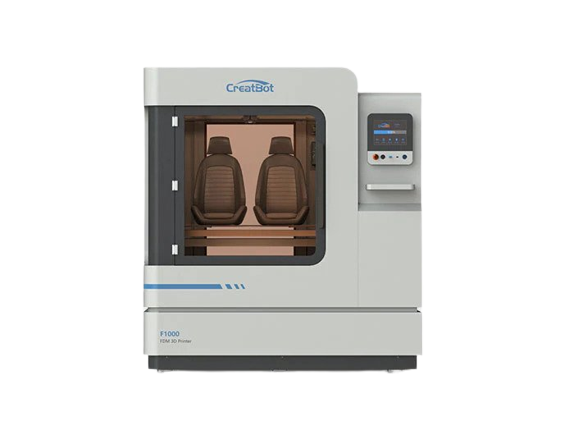
Peek Mechanical Properties
PEEK offers a unique blend of mechanical qualities, chemical resistance, wear, fatigue, and creep resistance, as well as extraordinarily high-temperature resistance. Additionally, it performs well as a dielectric and has strong combustion resistance.
Of course, not all PEEK printers are created equal, so you’ll need to strike a balance between the capabilities you really must have in a printer and those you might be able to live without. Try ordering your PEEK parts from a 3D printing on-demand service provider, such as Craftcloud by All3DP, if you just infrequently require PEEK parts or are unsure if you even need PEEK at all. Here are some applications of PEEK.
Useful in Energy Sector
PEEK for the energy sector: PEEK has the potential to demonstrate all of its greatest benefits in settings where various fluids, such as chemicals and fuels, are involved. PEEK appears to be the ideal candidate in the oil and gas and Energy sectors to withstand harsh environments while offering good mechanical qualities.
Aerospace and Defense
PEEK for Aerospace and Defence Industries: PEEK’s use has received widespread approval due to its high performance, mostly for metal substitution prospects. Being a polymer with characteristics similar to those of metals, it enables effective weight-saving solutions that lower fuel consumption and emissions. Not to mention how flexible the manufacturing process is and how Additive Manufacturing makes it possible to create complicated geometries.
Transportation Industry
Thanks to PEEK’s ability to endure “under the hood” circumstances, which include being in contact with heat, vibrations, fuels, greases, and dirt, the industry related to mobility on railroads and in the streets is expressing a lot of interest in it. Due to its characteristics, PEEK is being considered by a growing number of industrial sectors as a potential means of process optimization and production efficiency improvement.
Z-PEEK can be manufactured with the Zortrax Endureal 3D printer in single extrusion mode or in dual extrusion with Z-SUPPORT HT to include breakaway support structures. Even for usage outside of a cabin, the material is applicable to the space industry. Aerospace, the oil sector, and cutting-edge mechanical engineering applications all use Z-PEEK.

due to the material’s high production costs and low production volumes. PEEK offers far greater qualities than other thermoplastics, despite the fact that it is a pricey material. Because of this, it can be applied in ways that other thermoplastics simply cannot. PEEK is a pricey material, however, it is worthwhile to pay the extra money even if you are buying one of the best large-format 3D printers.
The bulk of PEEK used in 3D printing at the moment is available as filament, making it compatible with all types of printers. PEEK carbon fiber filler is also offered for sale. The material is primarily produced by chemical firms including Victrex, Solvay, and Evonik. Most machine makers today, like Intamsys or Apium, produce their own spools for filament. It is also provided by Smart Materials 3D affiliate Innovatefil in Spain. PEEK is an extremely pricey material; budget between €350 and €700 for a kilogram. Another high-performance thermoplastic, PEKK, has a price per kg between €400 and €500. Last but not least, EOS was the first and only producer to supply PEEK HP3 for SLS processes.
